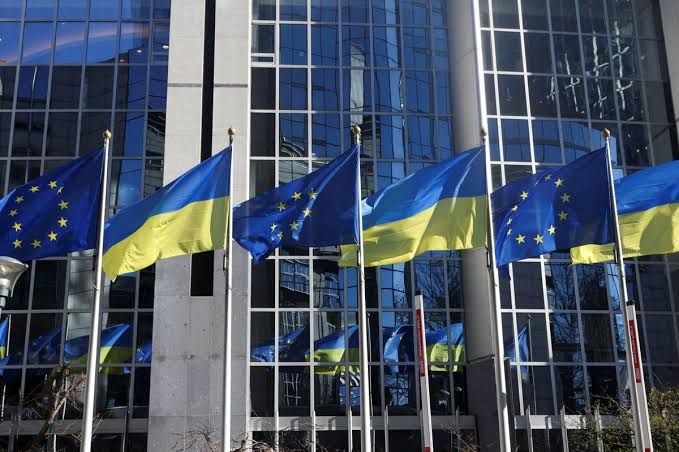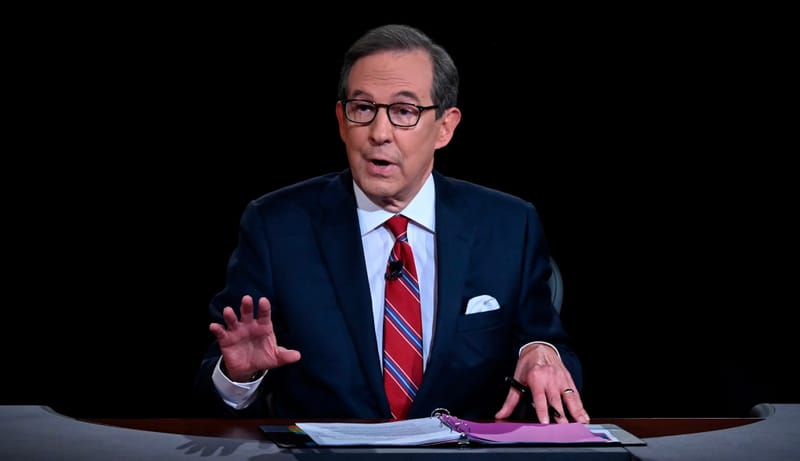Fostering Stability and Growth: European Commission Floats €50 Billion Aid Package to Ukraine
In a landmark move, the European Commission, under the leadership of President Ursula von der Leyen, has proposed a generous €50 billion aid package for Ukraine. Announced on Tuesday, 20th June 2023, the comprehensive package aims to offer a mixture of grants, soft loans, and guarantees over the next four

In a landmark move, the European Commission, under the leadership of President Ursula von der Leyen, has proposed a generous €50 billion aid package for Ukraine. Announced on Tuesday, 20th June 2023, the comprehensive package aims to offer a mixture of grants, soft loans, and guarantees over the next four years, pending approval by member states and the European Parliament.
Recognizing Ukraine's need for a robust and resilient economic structure amid current geopolitical instability, the European Commission's proposal marks a significant step towards bolstering the nation's recovery efforts. The package aims to alleviate various economic pressures and foster future growth, spanning wage payments, pensions, government services, and critical infrastructure restoration.
Von der Leyen described the proposed financial reserve as a flexible tool to adapt financial support according to on-ground situations. This assistance, she asserted, would provide "perspective and predictability" for Kyiv and "encourage other donors to step up," adding an element of global solidarity.
The announcement came just ahead of a major conference scheduled to take place in London on June 21-22, focusing on Ukraine's reconstruction. According to Ukraine's Prime Minister, Denys Shmyhal, the conference will concentrate on rapid recovery, attracting private investment, and fostering regional development.
Since the onset of war, the EU has extended €14.7 billion in macro-financial assistance to Ukraine, with €7.2 billion allocated in 2022 and €7.5 billion thus far in 2023. When combined with other aid forms, such as humanitarian assistance and solidarity measures to support Ukraine's grain exports, the total sum provided reaches €30 billion.
This macro-financial aid has been delivered in the form of highly favorable loans, including interest payment waivers, conditional on Ukraine meeting specific criteria around economic stability, good governance, the rule of law, anti-corruption measures, and energy.
In contrast to the €18 billion agreed for 2023, the proposed €50 billion package is spread over four years, implying a lower annual amount. The divergence comes despite Ukraine's Finance Minister, Sergii Marchenko, indicating in April that Kyiv would need at least the same amount for 2024.
Moving forward, member states urge for dialogue with international institutions such as the International Monetary Fund or the European Bank for Reconstruction and Development while drafting aid for Ukraine's post-war reconstruction. The World Bank estimates that recovering from the Russian invasion will cost around US$411 billion.
Notably, the funding for the proposed aid package will likely face challenges due to a sharp rise in debt costs from 0.09 percent in June 2021 to around 2.82 percent by the end of 2022, caused by Eurozone interest rate increases. As a result, the EU's budget interest burden, initially projected at €15 billion until 2027, is likely to more than double over the same period.
Despite such hurdles, the European Commission's proposed package underscores the EU's enduring commitment to Ukraine's stability, prosperity, and growth. Now, the world waits to see how this gesture of support will unfold and what impact it will have on the future trajectory of Ukraine.




